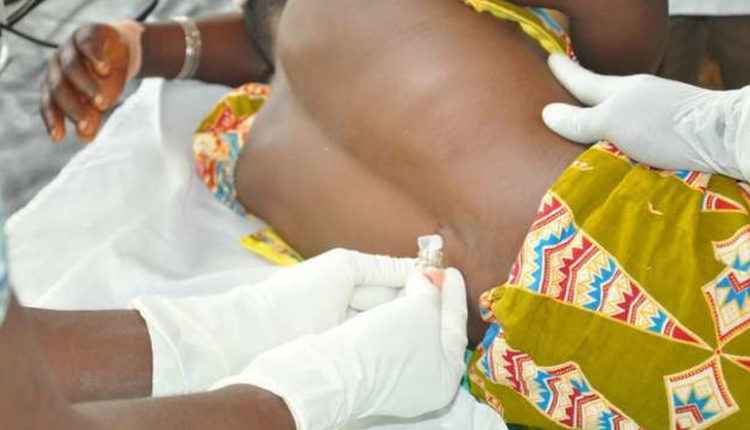The Ghana Health Service (GHS) has commenced an audit of the 37 Cerebrospinal Meningitis (CSM) related deaths currently in the Upper West Region.
The Upper West Regional Director of health services, Dr. Osei Kuffuor Afreh who disclosed this at a media engagement in Wa said the outcome of the audit will enable the Ghana Health Service review treatment protocols on the endemic to prevent the recurrence of the high incidence of deaths in the region.
“We are doing some deaths’ audit and we believe that when we get the results of the death audit, it will tell us what specifically is happening within the facilities that are leading to the deaths. Though people are reporting it, we think that as a health service, our duty is to give life. So, we are auditing all the deaths to give us an idea of what is happening so that if there is any other thing we should do at least, we will be able to do apart from the general things like providing medication. That is what we are doing for meningitis.”
The total number of persons infected with CSM in the Region has increased from 214 to 247 in the past few days.
The death toll currently stands at 37.
A release issued by the Regional Health Directorate cited the Nadowli Kaleo district and the Nandom municipality as the hardest-hit areas.
The Nadowli District recorded 74 cases with 12 deaths while the Nandom Municipality also has 76 cases with 10 fatalities.
Meningitis can lead to serious long-term consequences such as deafness, epilepsy, hydrocephalus, or cognitive deficits, especially if not treated quickly.
In 2015, meningitis occurred in about 8.7 million people worldwide which resulted in 379,000 deaths.
Residents failing to adhere to safety measures
Meanwhile, the Regional Director has expressed worry over the failure of most residents in the Upper West region to adhere to safety protocols to help reduce meningitis in the area.
“When we mention social distancing, it should also work for meningitis, but unfortunately from the field visits that we have conducted, we realised that people are not adhering to social distancing. People are still gathering at night, people are still grouping to do their normal things. So, the only disadvantage we have is that, we have not been able to quarantine anybody for meningitis.”


Comments are closed.